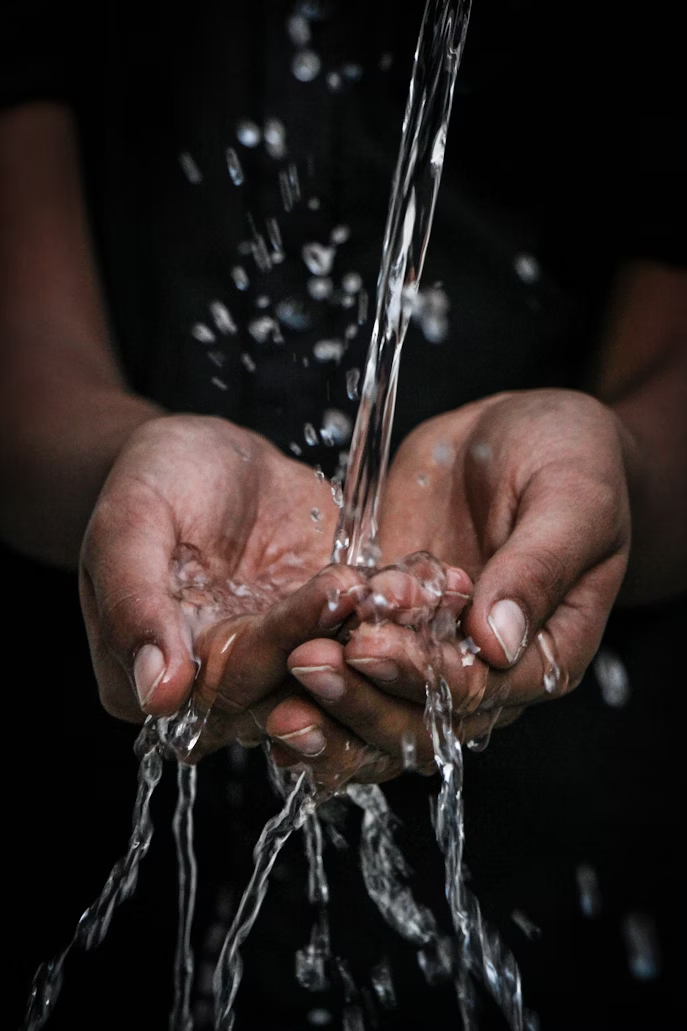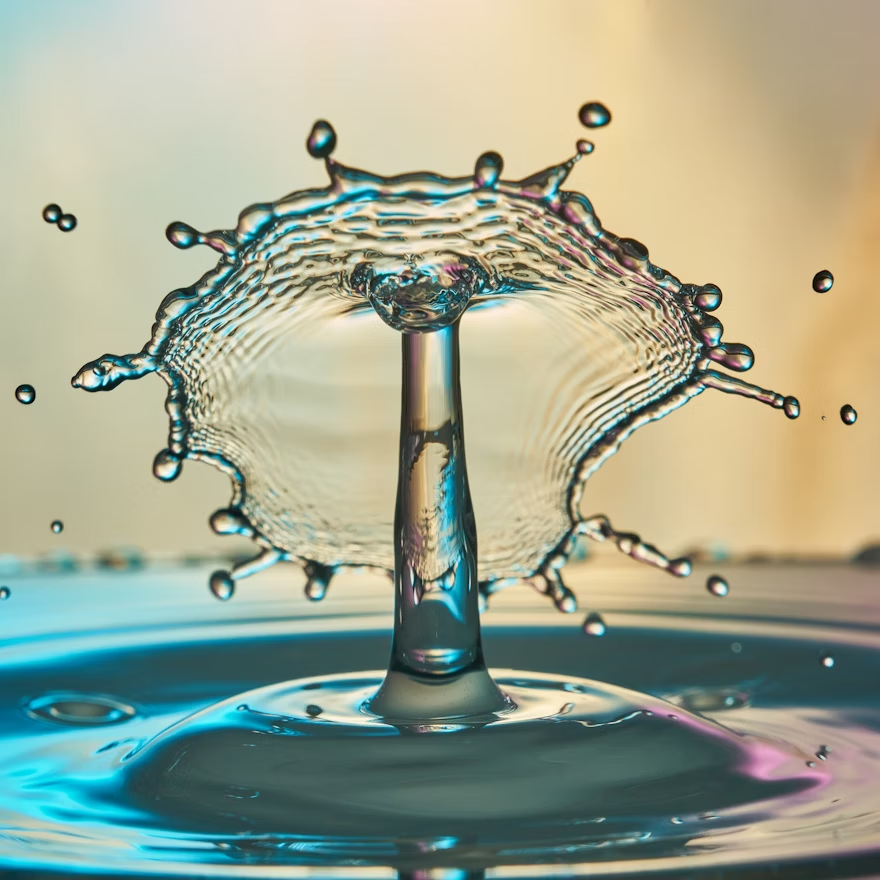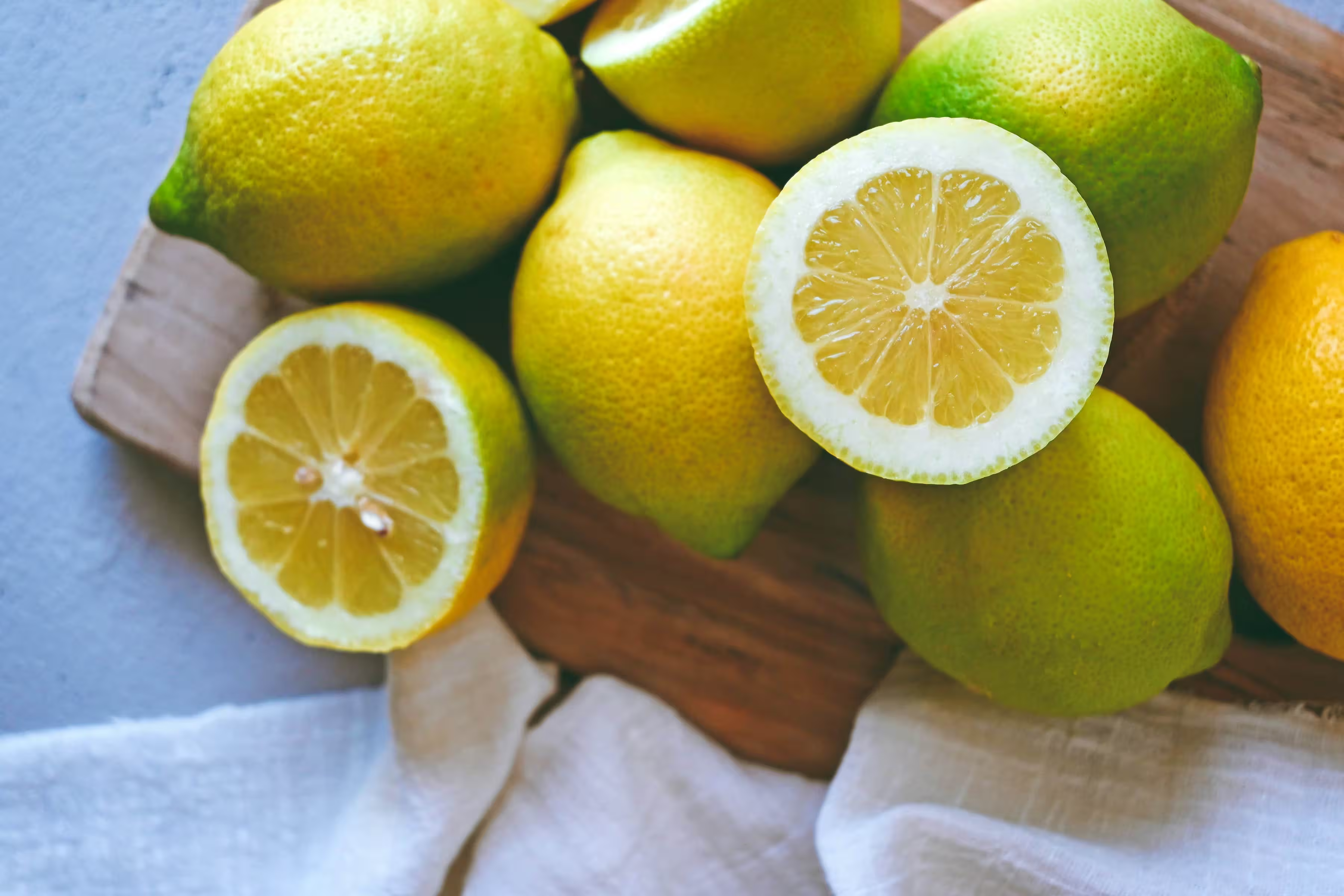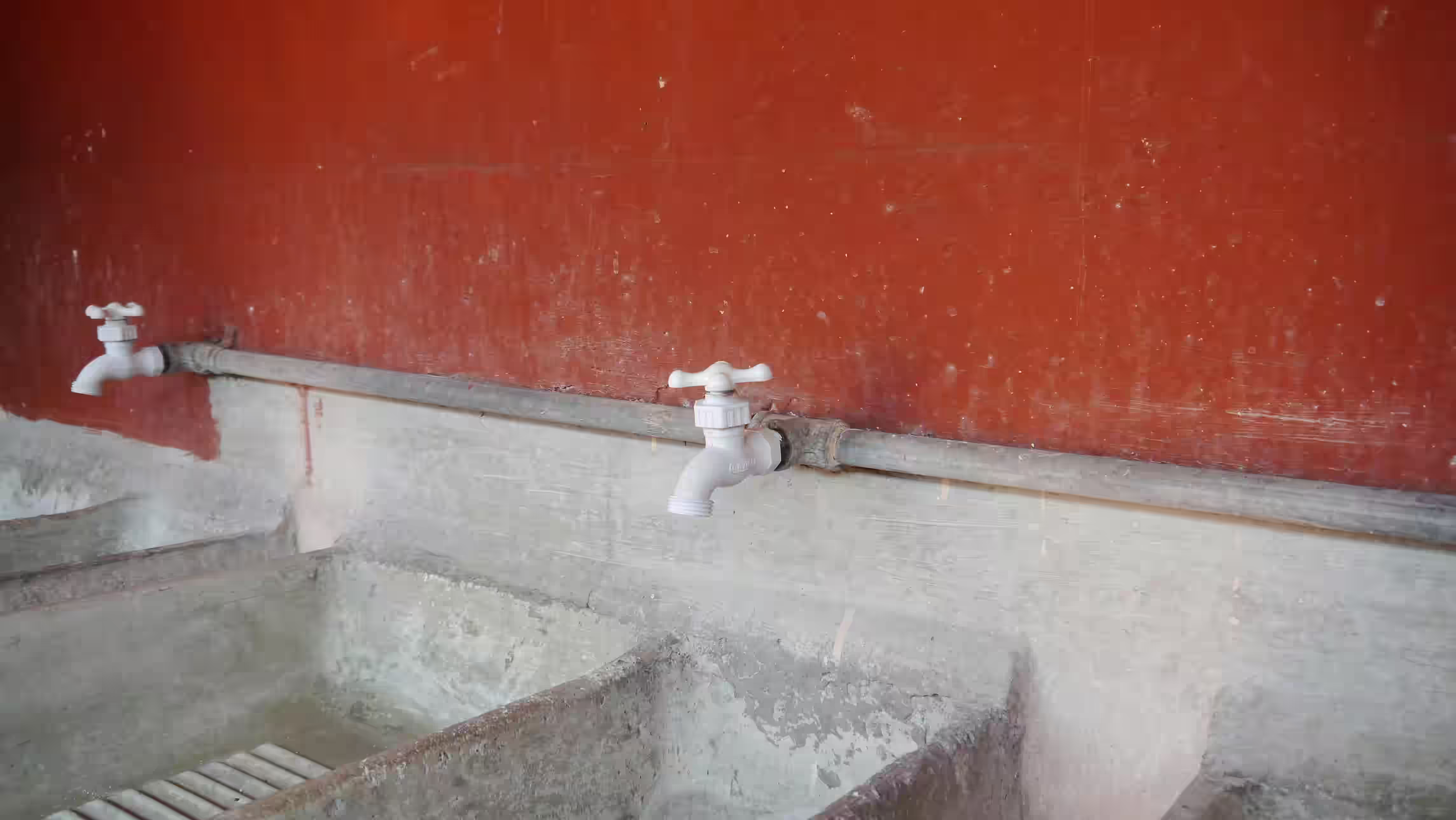

Hydration: Your Mental Performance Hack
Your brain needs water more than your phone needs charging – and the science proves it.
You're scrolling through your third energy drink, wondering why.
The dial-up brain mystery
You're three hours into a study session, your third energy drink sits empty beside your laptop, and somehow you still feel like your brain is running on dial-up internet. Before you blame it on your professor's impossibly dense assignments or your phone's constant notifications, consider this: when did you last drink actual water? Plain H2O often gets forgotten in the daily beverage rotation.
When your brain runs dry
Water makes up about 73% of your brain tissue, which means even mild dehydration hits your cognitive function hard. For the generation that grew up with liquid calories in every form – from Starbucks frappuccinos to Prime energy drinks – that oversight might be sabotaging your mental performance in ways you never realized. Your brain literally needs water to think.

Pause & Reflect
Think about that jittery, can't-focus feeling after your caffeine crash. What if it's not just the stimulants wearing off?
The hidden dehydration trap
Research from Dr. Lawrence Armstrong, a hydration researcher at the University of Connecticut, found that even mild dehydration caused headaches, fatigue, and difficulty concentrating in young adults. The kicker? Most participants didn't even realize they were dehydrated. They just felt "off" – a feeling many students might attribute to stress, lack of sleep, or information overload.
The energy drink paradox
Here's where it gets interesting for the generation raised on Monster and Red Bull. While these drinks provide caffeine and sugar for quick energy, they're often net negatives for hydration. Caffeine is a mild diuretic, and the high sodium content in many energy drinks can actually increase fluid loss. You might get a temporary focus boost, but you're setting yourself up for a hydration deficit.
Lost in the social media void
Young people spend 3-4+ hours daily on social media platforms like Instagram and TikTok, often so absorbed in scrolling that basic bodily needs get ignored. Unlike hunger, which announces itself dramatically, thirst is surprisingly easy to miss – especially when you're deep in a social media rabbit hole or grinding through an assignment. Your brain runs on empty while demanding peak performance.
The modern dehydration recipe
The modern lifestyle compounds this problem. Air conditioning, heated buildings, and the stress of constant connectivity all increase fluid needs. Add in the fact that many young adults live on processed foods, which require extra water for digestion, and you've got a recipe for chronic mild dehydration. Meanwhile, your brain is literally running dry while trying to function at peak performance.

Pause & Reflect
You optimize everything from skincare to study schedules. When did we forget our brains?
The water solution
The good news? Proper hydration can be a game-changer for mental clarity. Studies involving college students found that those who increased their daily water intake reported improved mood, better concentration, and reduced feelings of fatigue within just a few days. That essay that's been taking forever to write? That math problem you've been staring at for twenty minutes? Sometimes the solution isn't another cup of coffee – it's a glass of water.
Think of hydration as your brain's WiFi signal – when it's strong, everything runs smoothly.
Dr. Lawrence Armstrong, hydration researcher, University of Connecticut
The science behind the clarity
Recent research continues to reinforce this connection. A 2023 study from the PREDIMED-Plus cohort found that better hydration status was associated with improved cognitive performance over two years. Brain imaging studies reveal that dehydration actually changes brain structure – causes brain volume reduction – effects that reverse with rehydration. Scientists discovered that dehydration affects serotonin and dopamine, directly impacting mood and focus.
Making hydration happen
It requires the same intentional approach you bring to everything else. The old "8 glasses a day" rule is overly simplistic – your needs vary based on body size, activity level, climate, and what else you're drinking. Practical approach: check your urine color (pale yellow is the goal), notice your energy levels, pay attention to subtle signs like dry mouth or headaches. Try keeping a water bottle visible while studying and set phone reminders.
Your brain's cleaning system
The brain benefits of proper hydration go beyond just avoiding dehydration. Well-hydrated brains show better neural connectivity, faster processing speeds, and more efficient waste removal through the glymphatic system – your brain's cleaning crew that works while you sleep. This system literally flushes out toxins and metabolic waste, but it needs adequate water to function properly.
Closing thoughts













